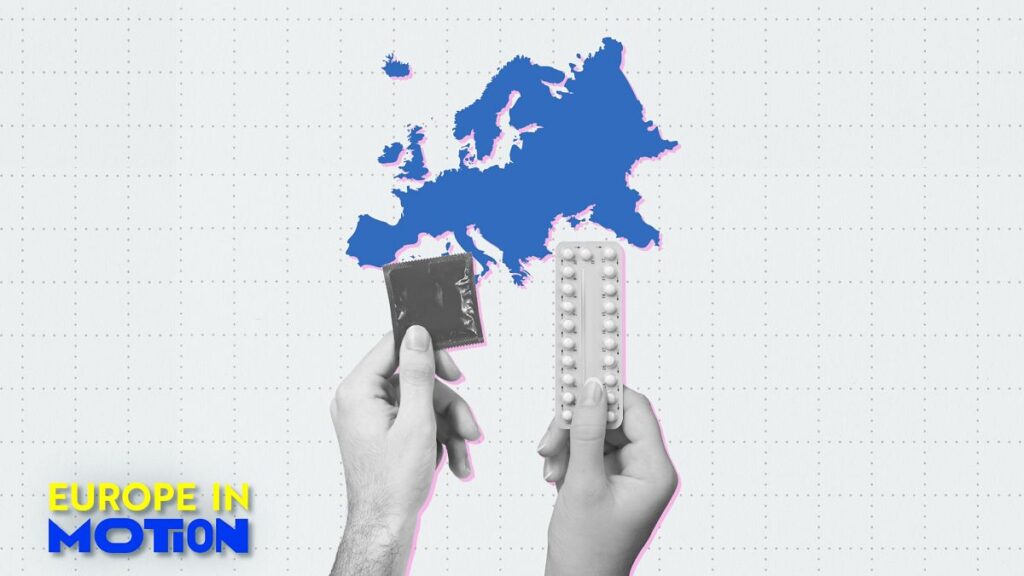Access to effective and affordable contraception remains highly unequal across Europe — but most countries are heading in the right direction.
The latest Contraception Policy Atlas by the European Parliamentary Forum for Sexual and Reproductive Rights (EPF) shows that 22 out of 47 countries now include contraceptives in their national health systems. Counselling services are also covered in all of them except Austria.
The report also notes that nearly a quarter of European countries provide high-quality, government-run websites offering clear information about contraception. In 17% of countries, emergency contraception is available free of charge at pharmacies or public health centres.
Western Europe continues to lead in access. France and Luxembourg are at the top of the ranking with scores of 93.2%, followed closely by the United Kingdom (91.6%), Portugal (91.2%), and Belgium (90.3%).
At the other end of the scale are Poland (33.2%), Hungary (40%), Cyprus (42.1%), Slovakia (44%), and Greece (49%) — all ranked among the lowest in access.
The researchers who compiled the 2025 Atlas recognised the policy developments in countries such as Austria, Ireland, and Luxembourg.
They also recommended that policymakers extend coverage, enhance counselling services (particularly in rural and remote areas), and monitor the development of new technologies to combat misinformation and guarantee reproductive autonomy for all Europeans.
According to the latest available figures, 8.5% of women in Europe aged 15–49 want to stop or delay having children, but are not using contraception.
Read the full article here


